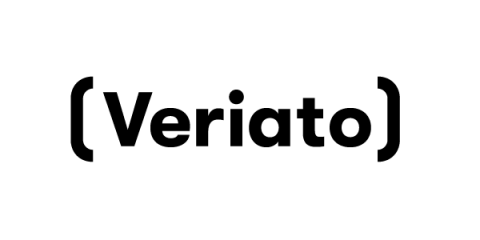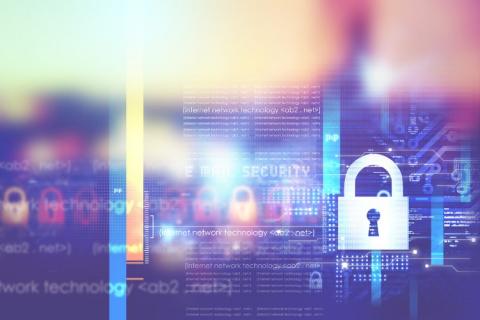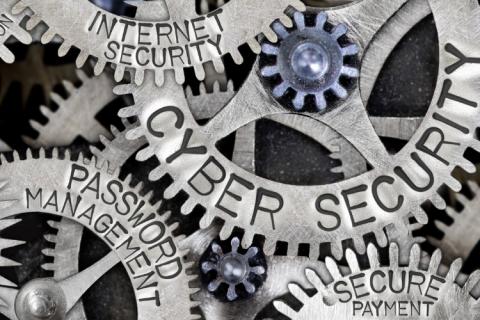Cyber Security Budget Trends for Businesses in 2019
As 2019 approaches, it’s a great time to look ahead at your information security plan and see what is being prioritized in your budget. 2018 saw an increased interest in investing in external security audits and improved endpoint protection. Here are a few cyber security trends to adopt in 2019 that will keep your organization’s information as safe as possible.









